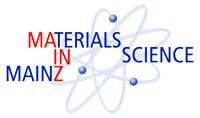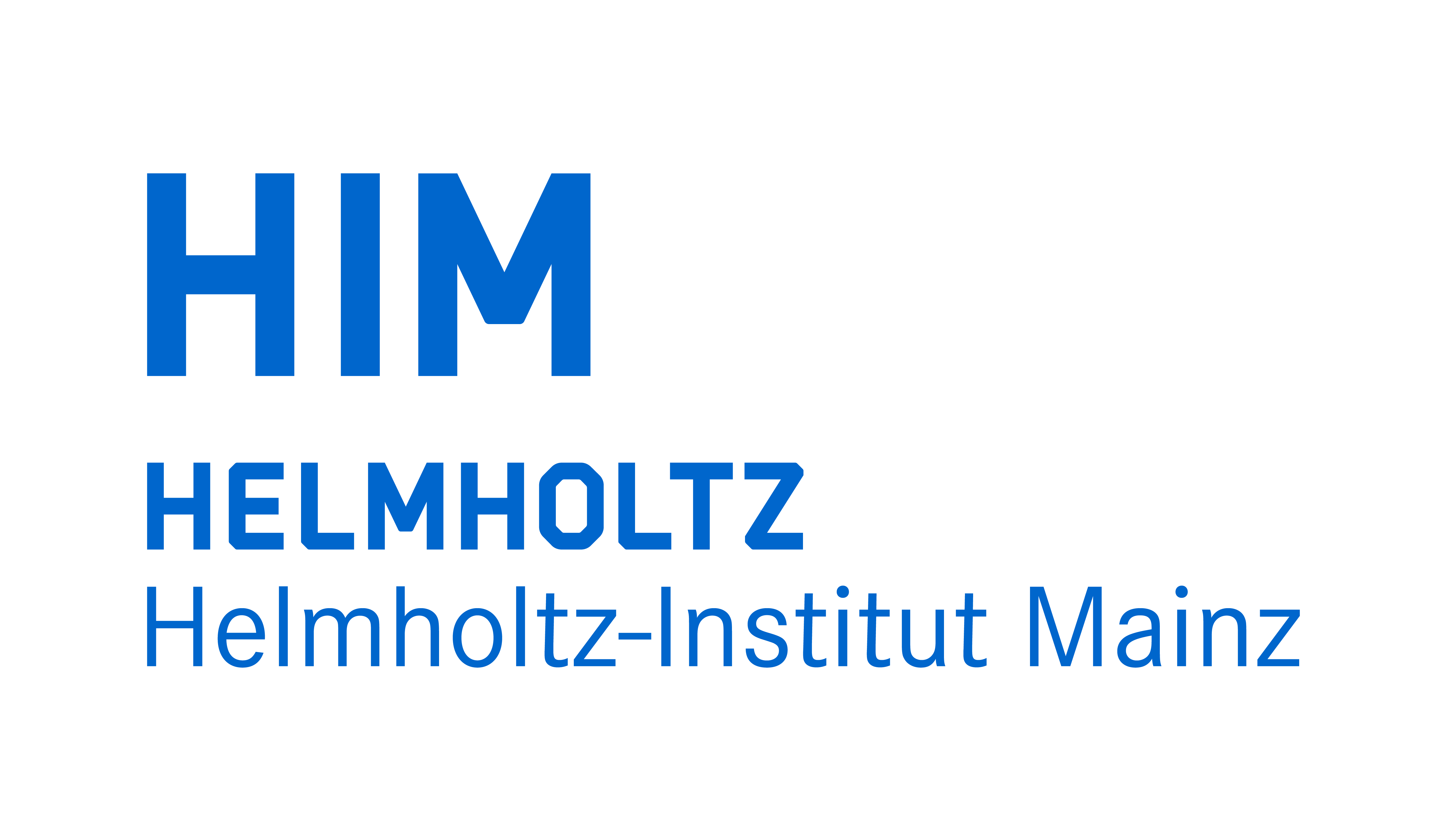


Physikalisches Kolloquium
May 23, 2023 at
4:15 p.m.
in
HS KPH
Prof. Dr. Friederike Schmid
Institut für Physik
friederike.schmid@uni-mainz.de
Prof. Dr. Hartmut Wittig
Institut für Kernphysik
hartmut.wittig@uni-mainz.de
Thermoplasmonics at your command – Feedback control of active particles and molecules
Prof. Frank Cichos (University of Leipzig)
Plasmonics is commonly used to confine electromagnetic waves into subwavelength noble metal structures for photonic applications. As an unwanted side effect, heat is generated locally, which is the foundation of thermoplasmonics. Besides numerous very interdisciplinary applications, such local heat generation provides unique dynamic control over microscopic objects in liquids with non-equilibrium physics. I will give two examples.
First, I discuss experiments on active colloidal particles that are self-propelled by thermoplasmonic effects. Such active particles mimic the motility of living species like bacteria but lack the feedback loops that control their behavior. The optical control of plasmonic heating allows us to implement feedback loops, behavior and even learning for active particles. Using this technique, we can show that perception-reaction delays as omnipresent in living systems can be the origin of a variety of dynamical collective states that even display signatures of criticality.
In a second example, I will briefly report on experiments using plasmonic heat generation to enable the control of liquids and macromolecules. Dynamic temperature fields thereby help us to study elementary processes of peptide aggregation as relevant for neurodegenerative diseases over extremely long periods of time.